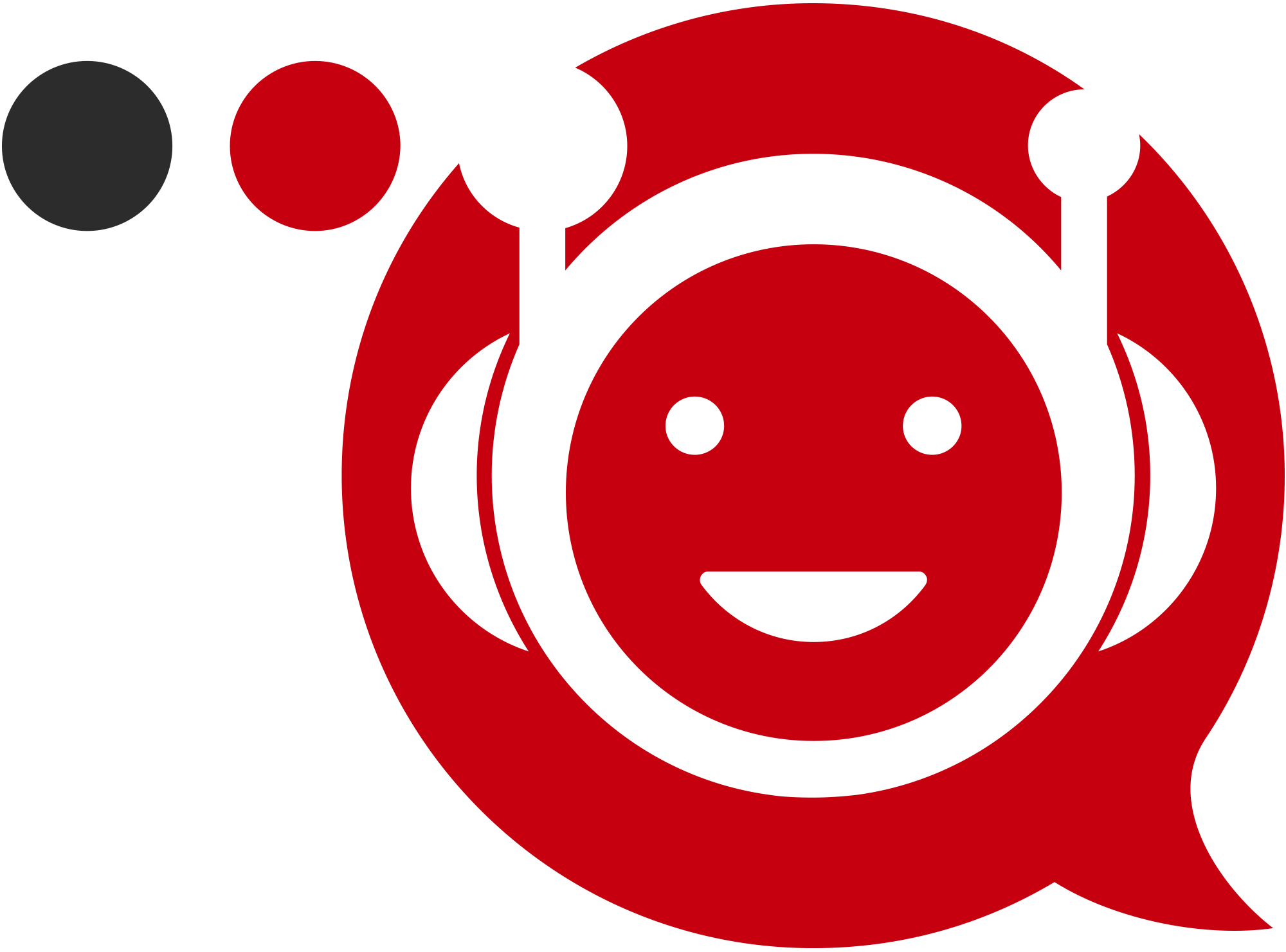As we enter a new era in Quality Assurance (QA), one question looms large: Will Artificial Intelligence (AI) reduce the demand for QA engineers in 2024, or will it actually increase the need for quality professionals? At ⋮IWConnect, we are at the forefront of this shift, actively integrating AI into our QA processes and investing in the future of our QA experts.
The Evolving Landscape of Quality Assurance
The world of QA is undergoing a major transformation as AI technologies advance and become more integrated into software testing processes. Our partners Xray and TestRail predict that in 2024, we will see a rise in fast and gradual releases driven by Agile and DevOps methodologies. Additionally, there will be a greater dependence on automation, AI, and machine learning.
We are revolutionizing our approach to test case generation, test execution, and defect prediction using machine learning algorithms and Generative AI, a type of AI system that can create new content. These tools enable us to analyze large amounts of test data, identify patterns, and adapt testing strategies in real-time, boosting the efficiency and accuracy of our QA efforts.
Empowering QA and Software Testing with AI
AI technologies, such as Generative AI and machine learning algorithms, are transforming QA and software testing by augmenting testing efforts with AI-powered test tools.
- Automating test case generation with AI and automation tools.
- Enabling intelligent test execution and analysis
- Providing predictive analytics for anticipating defects
- Enhancing test automation with AI-powered testing tools
For example, Generative AI streamlines test case creation and improves test coverage by identifying scenarios that human testers might overlook. AI-powered tools can also automate test generation, improve test planning, create self-healing test scripts, and assist with test data management.

Augmenting Human Expertise with Artificial Intelligence
While AI is a powerful tool, it does not replace human expertise, particularly in areas like manual testing and test scenario evaluation, underscoring the complementary relationship between AI testing and human judgement. Instead, AI complements and enhances the skills of our QA engineers.
The primary benefit of AI in quality assurance is speed and efficiency. By automating repetitive and time-consuming tasks, AI enables our team members to concentrate on more complex, strategic challenges that require human intuition, engineering, creativity, and problem-solving skills. This synergy between human intelligence and AI is crucial for achieving excellence in software quality assurance.
Investing in the Future of QA Professionals
At ⋮IWConnect we are committed to investing in the future of our QA professionals by expanding their expertise in AI, Quality Engineering with DevOps and QAOps methods, automation, and security. Our comprehensive education center provides our team members with the training and resources they need to stay at the cutting edge of QA technologies and methodologies.
By equipping our QA engineers with the necessary skills and knowledge to work effectively with AI-driven tools and automation testing techniques, we ensure they remain valuable assets in the evolving software testing landscape.
Navigating Challenges and Ethical Considerations
As we integrate AI into QA processes, it is crucial to address the challenges and ethical considerations, such as potential bias in AI models.
- Potential bias in AI algorithms
- The need for substantial computational resources
- The importance of maintaining human oversight
Our QA teams are dedicated to ensuring that AI-driven tools are trained on diverse and representative data sets, that privacy and data security are top priorities, and that the insights generated by AI are correctly interpreted and acted upon by human experts.
The Continued Importance of Human Expertise
While AI is transforming QA and test automation is gaining significance, human expertise remains essential for creating intricate test scenarios and overseeing manual testing, signifying the importance of regression testing. QA engineers bring a unique perspective and understanding of the software development process that an AI system cannot replicate alone.
As we move forward into 2024 and beyond, the collaboration between human intelligence and AI will drive our success in delivering the highest quality software solutions to our clients. We’re already deep into this transition in our QA department.
The Future Role of QA Professionals
The integration of AI in QA is reshaping our processes and the vital roles our QA professionals play. Far from reducing the need for human expertise, AI opens the door to new horizons, where our team members’ unique insights, creativity, and decision-making capabilities are more crucial than ever.
As AI takes on routine testing tasks, our QA professionals are encouraged to expand their roles into areas requiring deeper analytical and strategic thought, such as autonomous testing and the integration of AI in software testing. Positions such as AI QA strategists, machine learning test specialists, and AI ethics officers are becoming increasingly central to our operations.

Conclusion
As we look towards 2024, AI will undoubtedly play an increasingly important role in QA, particularly in automation testing. However, at IWConnect, we firmly believe that the need for QA engineers will remain as strong as ever, especially for tasks like manual testing and creating complex test scenarios that require human insight.
By investing in the education and development of our QA professionals, leveraging the power of AI to enhance our processes, and maintaining a solid commitment to human expertise, we are well-positioned to navigate the challenges and opportunities that lie ahead. The future of QA is bright, and we are excited to be at the forefront of this transformative journey.

